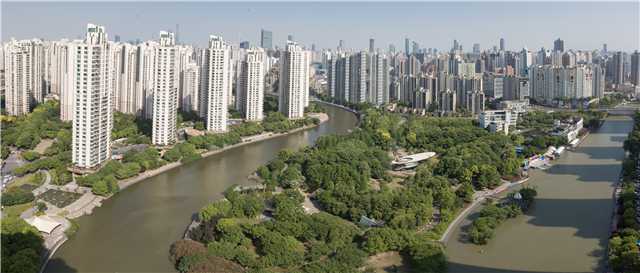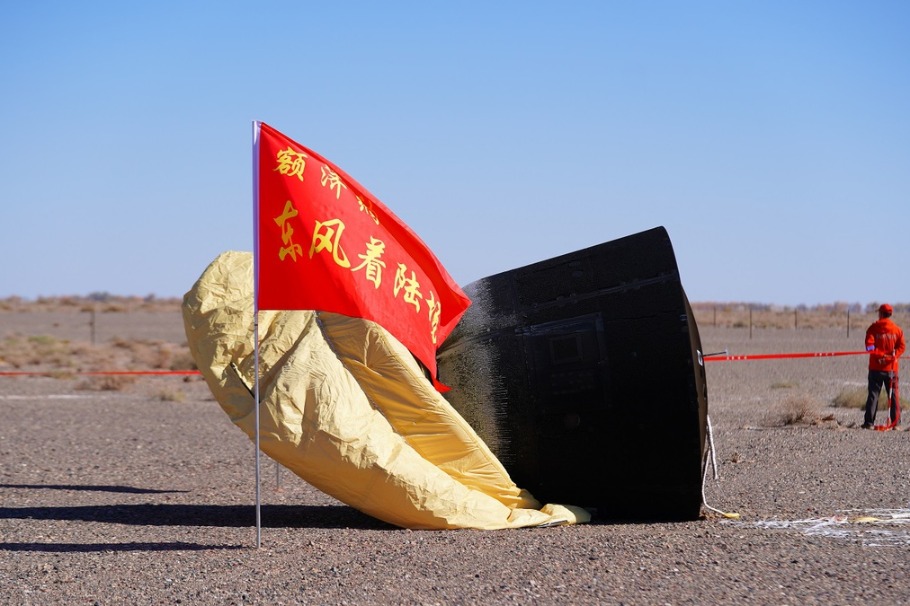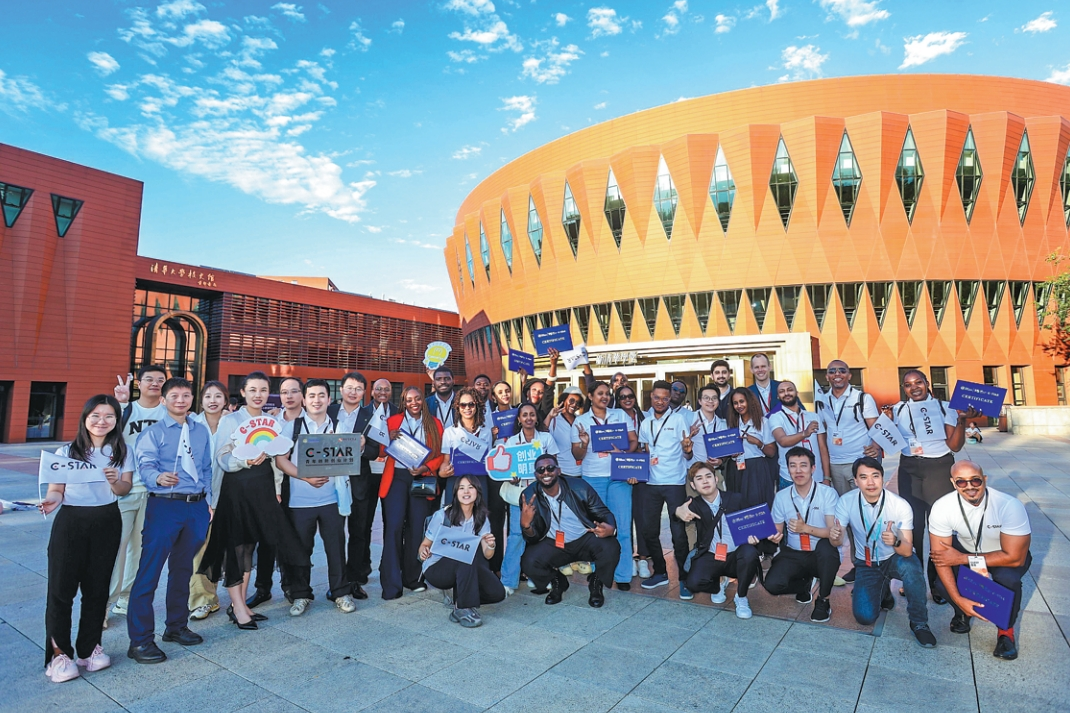Urbanization requires more than construction of buildings, roads: China Daily editorial
chinadaily.com.cn | Updated: 2019-04-14 21:43

With household registration restrictions lifted recently for cities with a permanent population of less than 3 million and the further loosening of such controls for cities with permanent population between 3 and 5 million, migrant workers who have worked in cities for years but have not been able to settle down with a permanent household registration will definitely benefit.
Given the necessity for the upgraded development of both industries and agriculture, such moves are necessary.
On the one hand, rural surplus labor will be absorbed during this process. It is imperative to provide first, second or even third generation migrant workers with permanent residence and along with it the social security and welfare they deserve, which will relieve the country of a potential cause of social instability.
On the other hand, the expansion of cities will definitely boost economic growth by boosting the demand for steel, cement and other construction materials and creating a lot of jobs as well. It will also promote consumption, which will then become a stronger driver of economic growth.
Further urbanization comes at a right time as the country has more than enough capacity for urban construction, and new areas need to be developed for economic growth. Endeavors for a new round of urbanization will therefore kill two birds with one stone. However, urbanization does not just mean construction of buildings, paving new roads and the erecting of establishments for urban lives.
Successful urbanization should make urban life reasonably convenient, sustainable and environmentally friendly. And a lot of attention is required for details that will make urbanization meet all the necessary and realistic needs of urban dwellers.
That the city of Shenzhen was waterlogged by a rainstorm on Thursday provides food for thought on the question of urbanization. Four residents were killed and seven are missing.
It is unimaginable that as developed a city as Shenzhen is, a rainstorm could have inundated many parts of the city. But it is not the first time the city has been waterlogged by rainstorms. It is obvious that much is still to be desired when it comes to its drainage system, which should have been more reasonably designed and soundly constructed.
And the treatment of garbage and disposal of sewage in an environmental friendly manner has long been a headache for many Chinese cities, and water shortages and water saving have long been problems that need to be addressed by the majority of cities.
It should also go without saying that a lot more than just the construction of buildings and roads needs to be taken into consideration when a specific urban development plan is to be made.
It is not a matter of enthusiasm and neither is it a matter of how much money is invested. It is a matter of how city leaders and urban planners look at the process and whether they have a viable long-term view of urbanization.
























